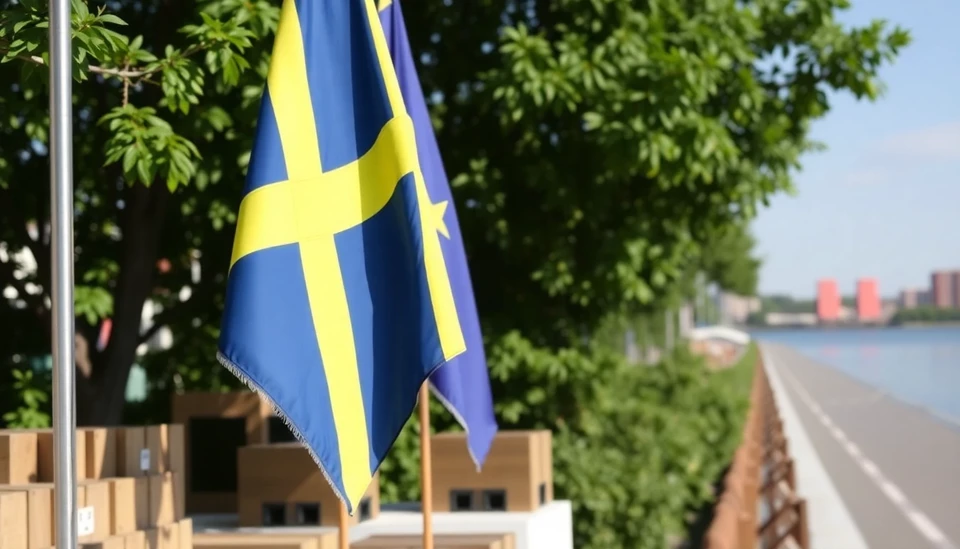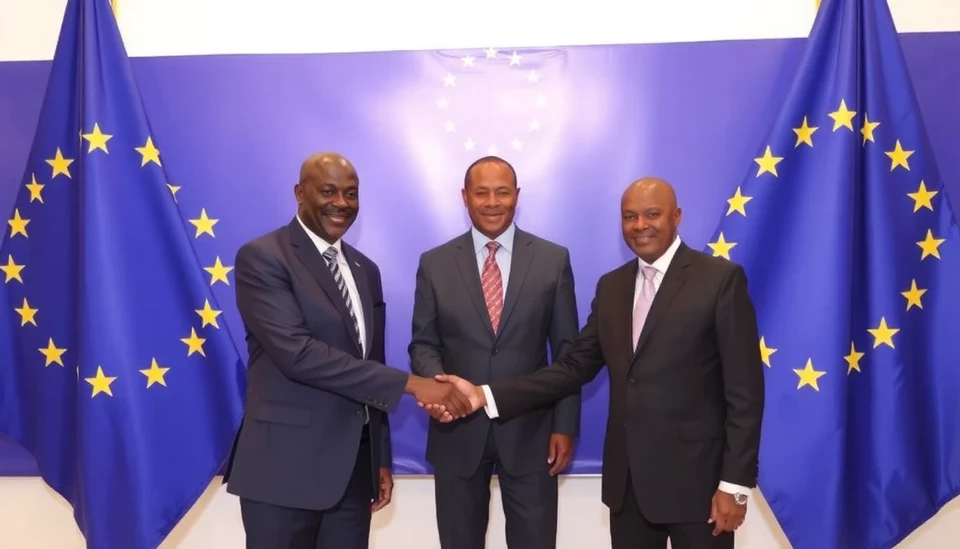
In a recent announcement, Swedish officials have accentuated the necessity for the European Union (EU) to ensure that its response to any potential tariffs imposed by the United States aligns with World Trade Organization (WTO) regulations. This statement comes in light of discussions surrounding the EU's strategic maneuvers in the face of international trade tensions.
The backdrop of these remarks is the ongoing trade friction between the US and EU, particularly regarding policies that could lead to the imposition of tariffs. Sweden, a prominent voice in the EU, argues that adherence to WTO guidelines is not only a legal obligation but a critical necessity for maintaining international trade integrity and relations.
Swedish trade officials have expressed concerns over the implications of unilateral tariff adjustments that do not conform to WTO standards. They argue that any response from the EU must reflect a commitment to multilateral trade laws. This principle is vital to ensure that trade practices remain fair and predictable, fostering a cooperative economic environment among member nations.
The discussions are particularly pertinent as the EU looks to bolster its own industries amid increasing competitiveness from global markets. The Swedish perspective is that while supporting local businesses is essential, it cannot come at the cost of breaching international trade agreements that could ultimately lead to retaliation or further escalations in trade disputes.
Officials have urged for careful consideration of the EU's strategy to avoid eroding the trust built within the WTO framework. The emphasis is on crafting responses that are both effective for national industries and respectful of international commitments, thus promoting a balanced approach to international trade.
As these discussions evolve, it remains critical for EU leaders to address internal pressures while maintaining a harmonious relationship with global trading partners. Sweden’s clear stance reinforces the notion that any tariff responses must not stray from the agreed-upon rules of international trade as laid out by the WTO.
This ongoing dialogue will likely shape the future of EU trade policies, especially as the union seeks to navigate the complexities of 21st-century global economics, ensuring that its members are well-protected without breaching established global norms.
In summary, Sweden’s emphasis on WTO compliance signals a cautious yet strategic approach for the EU in its tariff policies, reflecting an understanding that sustainable trade practices should always align with the broader international legal framework.
#EU #WTO #Tariffs #InternationalTrade #Sweden #TradePolicy #EconomicRelations
Author: Laura Mitchell




